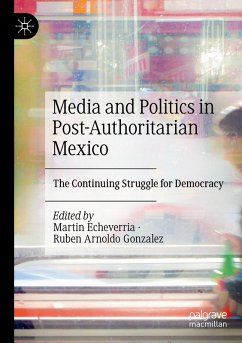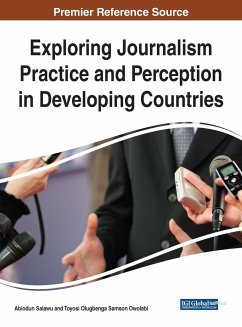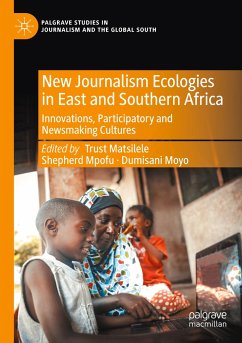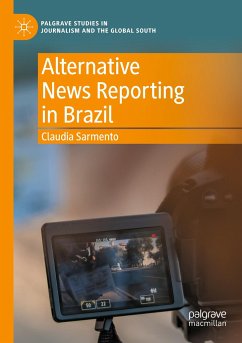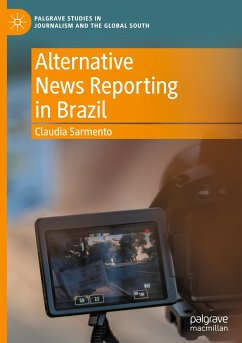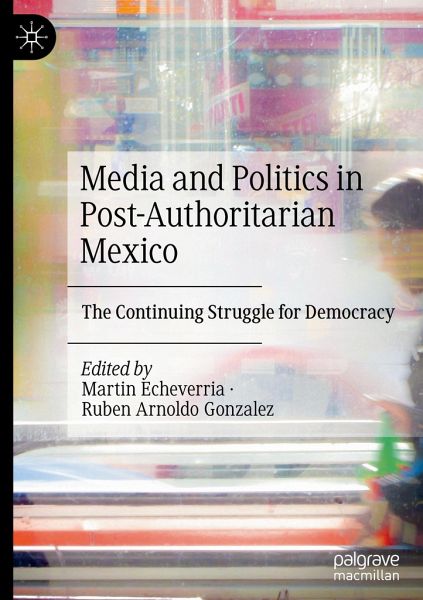
Media and Politics in Post-Authoritarian Mexico
The Continuing Struggle for Democracy
Herausgegeben: Echeverria, Martin; Gonzalez, Ruben Arnoldo

PAYBACK Punkte
57 °P sammeln!
This volume presents an analytical and empirical overview of the array of issues that the Mexican media faces in the post-authoritarian age, which jointly explains how a partially accomplished democracy, its authoritarian inertias, and its unintended consequences hinder the democratic performance of the media.This is analyzed from three points of view: the stalemate Mexican media system and ineffective regulations, the conditions of risk and insecurity of the journalists on the field, and the limits of freedom of expression, political substance, and inclusiveness of media content.A binational ...
This volume presents an analytical and empirical overview of the array of issues that the Mexican media faces in the post-authoritarian age, which jointly explains how a partially accomplished democracy, its authoritarian inertias, and its unintended consequences hinder the democratic performance of the media.
This is analyzed from three points of view: the stalemate Mexican media system and ineffective regulations, the conditions of risk and insecurity of the journalists on the field, and the limits of freedom of expression, political substance, and inclusiveness of media content.
A binational effort, with research from US and Mexican authors, a wide analytic perspective is provided on the macro, meso, and micro levels, allowing for a deep conceptual richness and a comprehensive understanding of the Mexican case. With leading researchers in the field, the volume revolves around the problems of the media in post-authoritarian democracies.
By answering thequestions of how and why the Mexican media has not fully democratized, the works encompassed here can resonate with and are relevant to other post-authoritarian countries and academic disciplines.
This is analyzed from three points of view: the stalemate Mexican media system and ineffective regulations, the conditions of risk and insecurity of the journalists on the field, and the limits of freedom of expression, political substance, and inclusiveness of media content.
A binational effort, with research from US and Mexican authors, a wide analytic perspective is provided on the macro, meso, and micro levels, allowing for a deep conceptual richness and a comprehensive understanding of the Mexican case. With leading researchers in the field, the volume revolves around the problems of the media in post-authoritarian democracies.
By answering thequestions of how and why the Mexican media has not fully democratized, the works encompassed here can resonate with and are relevant to other post-authoritarian countries and academic disciplines.





